Enhancing observation skills Normal Worksheets for Ages 3-8
16 filtered results
-
From - To
Enhance your child's observation skills with our engaging Normal Worksheets designed for ages 3-8. These printable resources encourage young learners to explore their surroundings, fostering critical thinking and attention to detail. Our worksheets feature fun activities that challenge children to identify, compare, and analyze objects, helping to develop essential cognitive skills. With vibrant illustrations and age-appropriate tasks, kids will enjoy hours of learning while honing their observation abilities. Perfect for classroom or home use, our worksheets support early childhood education by encouraging curiosity and boosting confidence. Discover the joy of learning through observation—unlock your child's potential today!
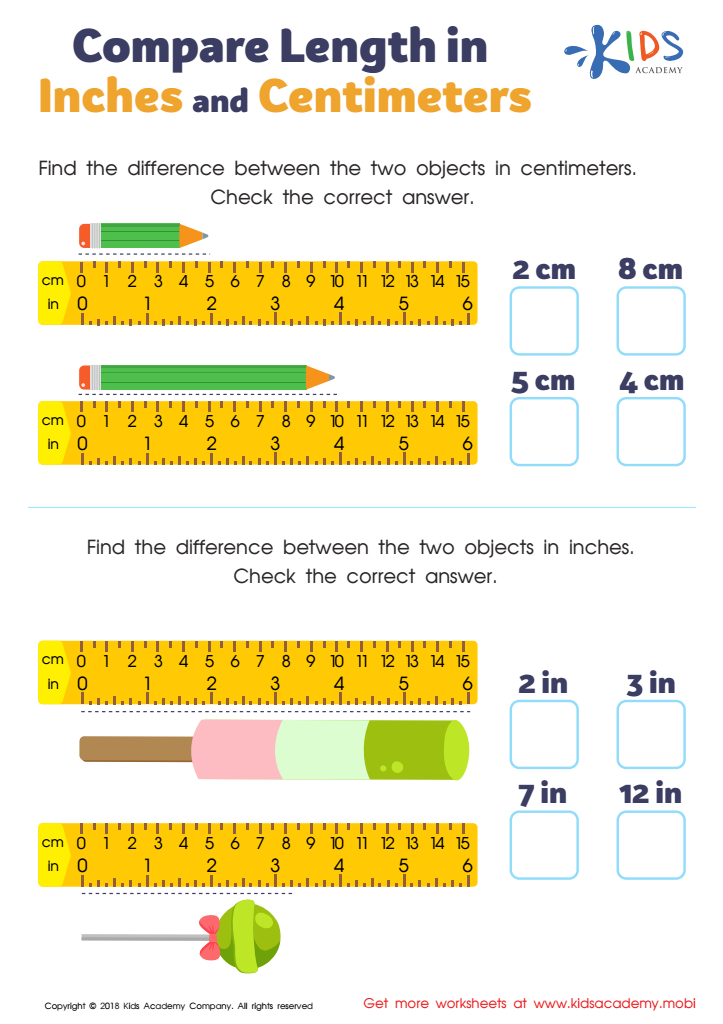

Compare Length in Inches and Centimeters Worksheet
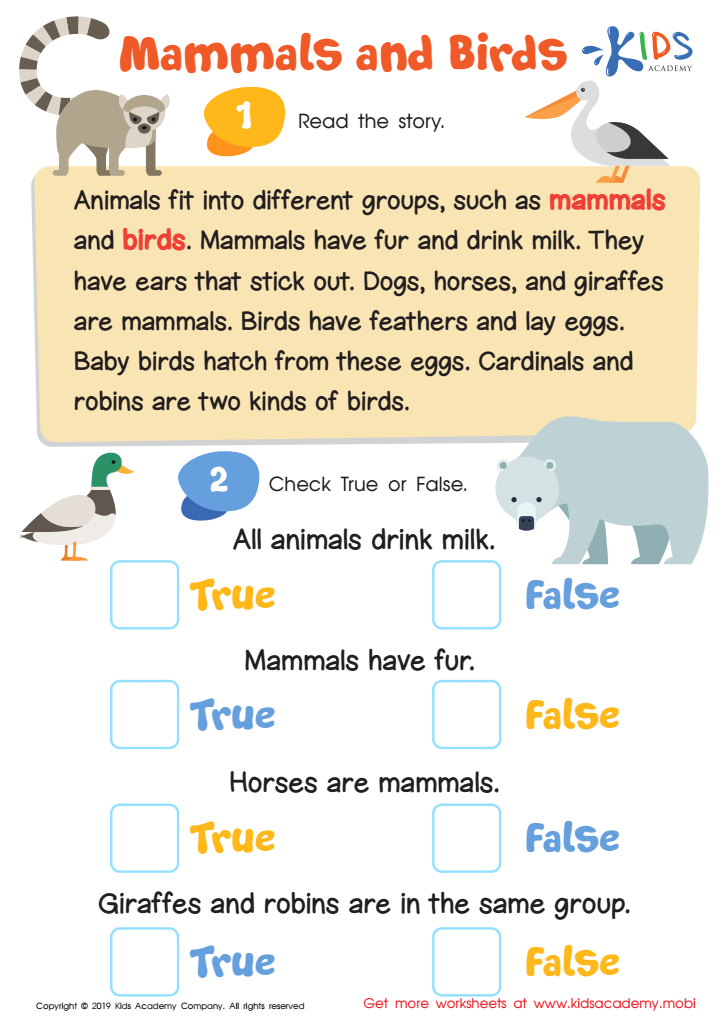

Mammals and Birds Worksheet


Pollinator Positions Worksheet
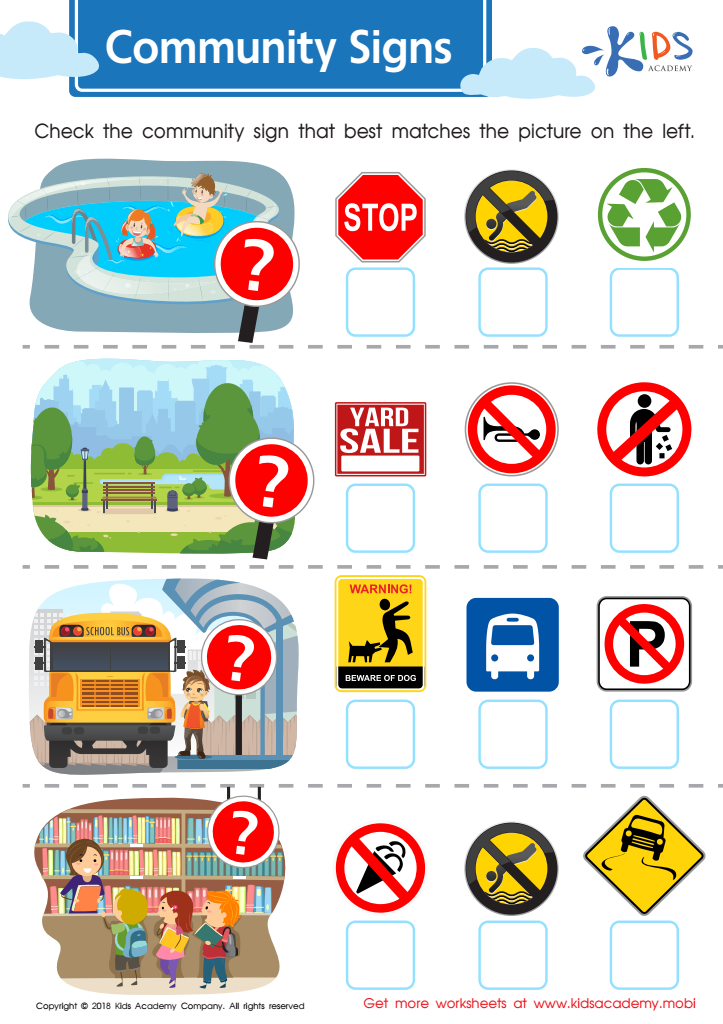

Community Signs Worksheet
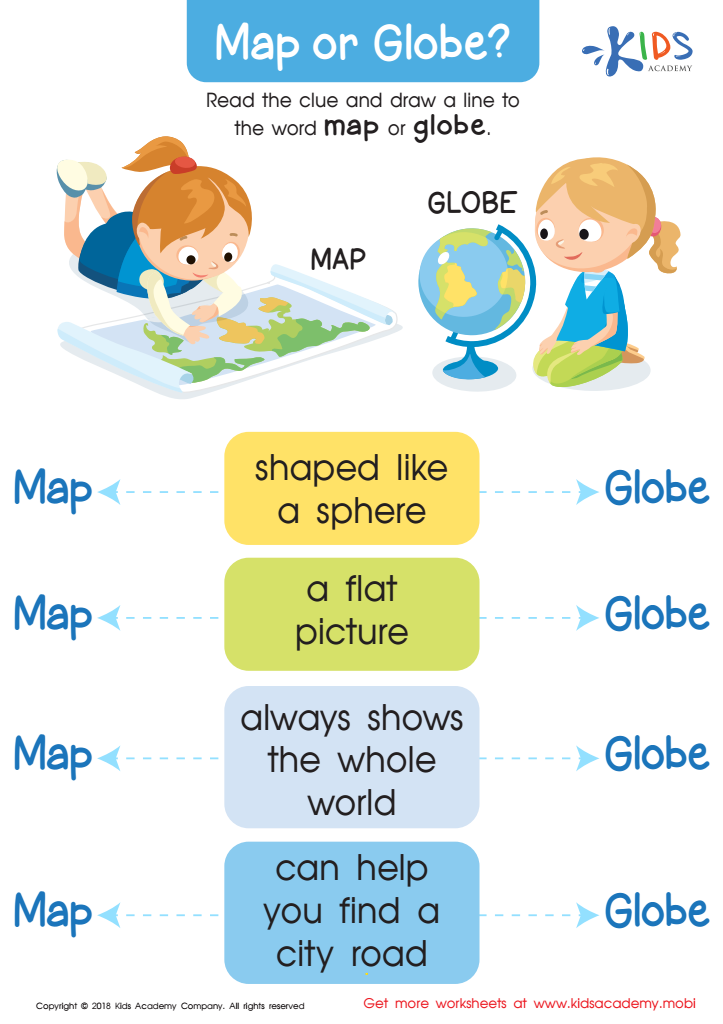

Map or Globe? Worksheet
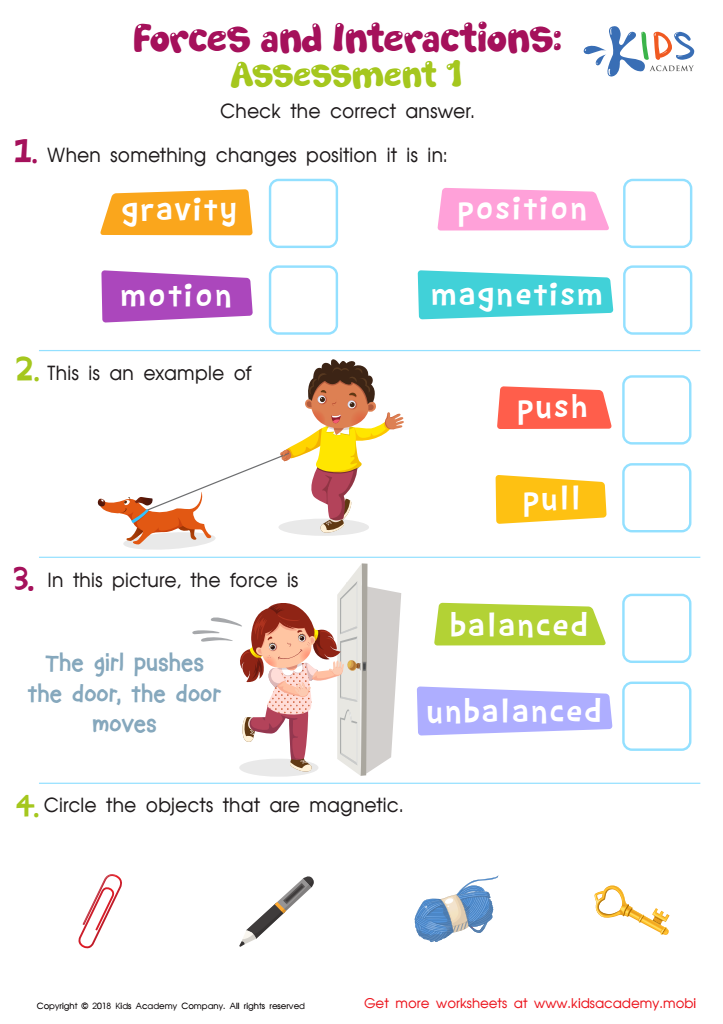

Forces and Interactions Printable
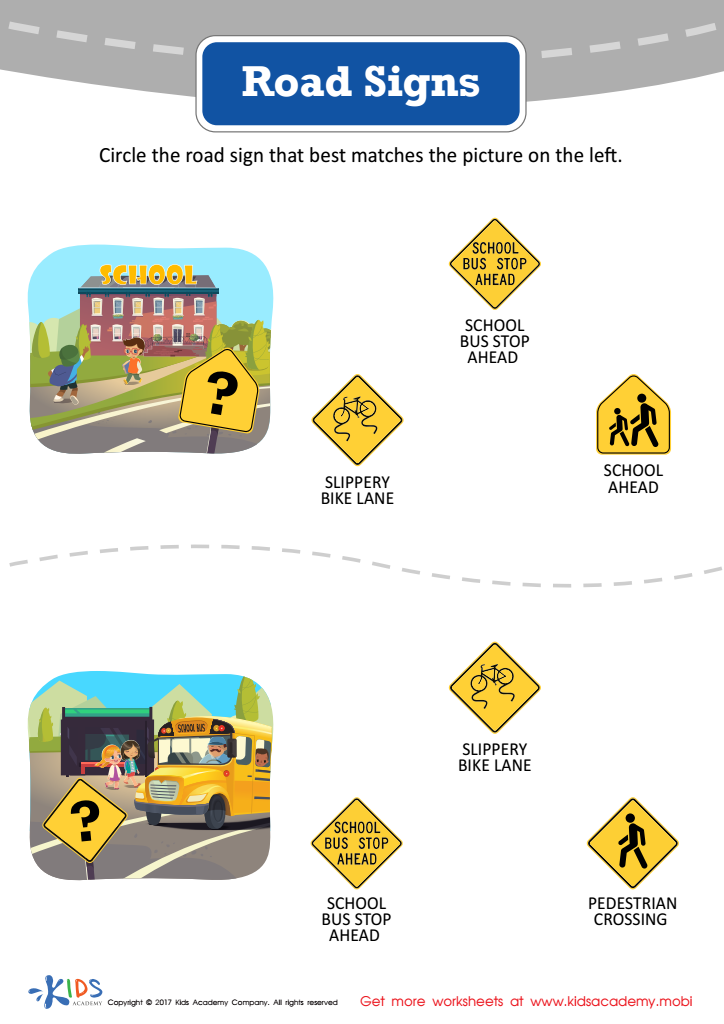

Road Signs (Part 1) Worksheet
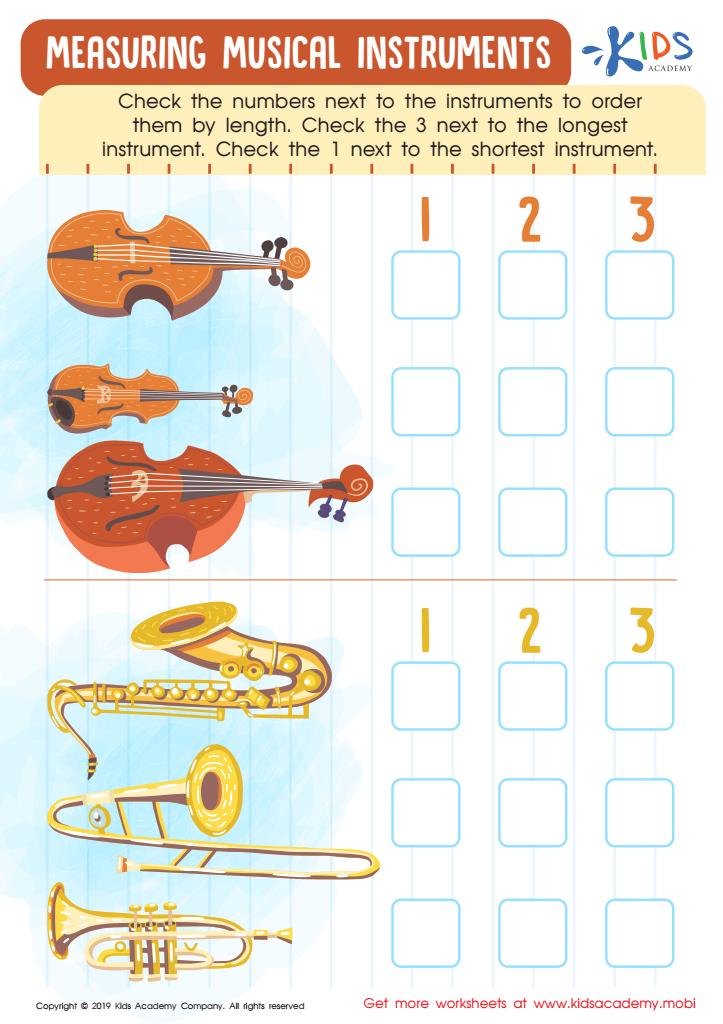

Measuring Musical Instruments Worksheet
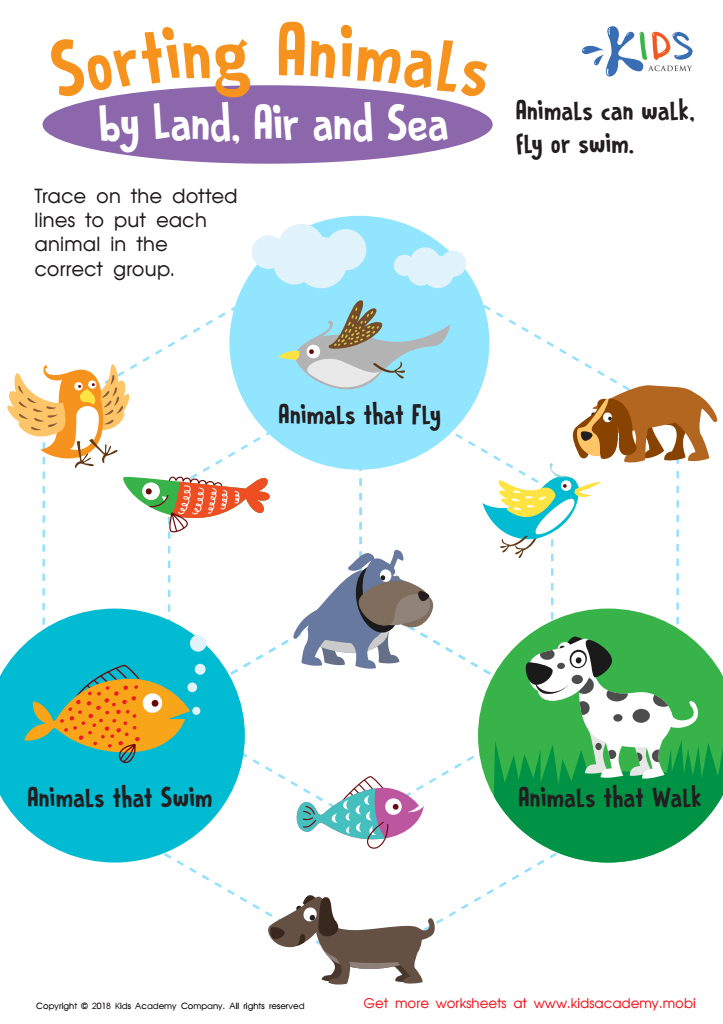

Sorting Animals by Land, Air and Sea Worksheet
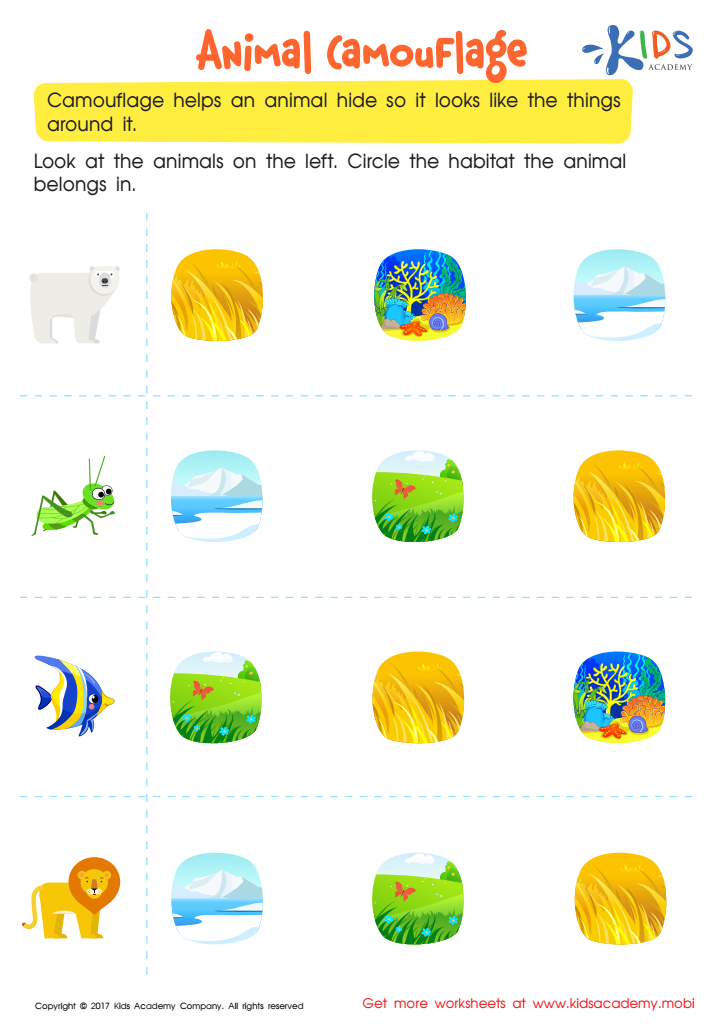

Animal Camouflage Worksheet
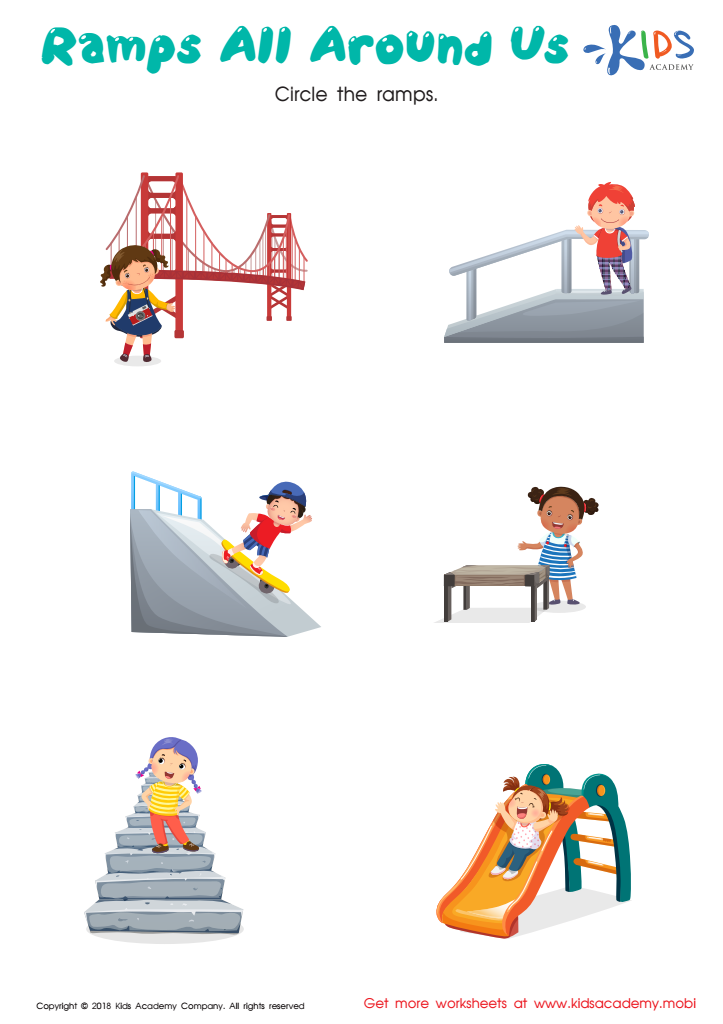

Ramps All Around us Worksheet
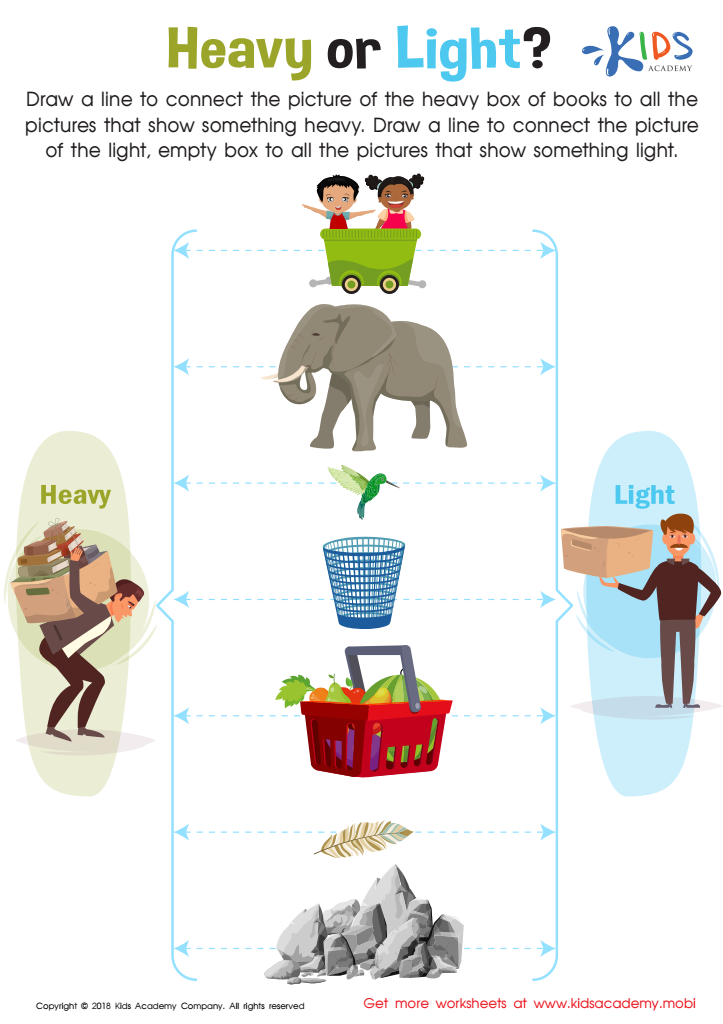

Heavy or Light? Worksheet
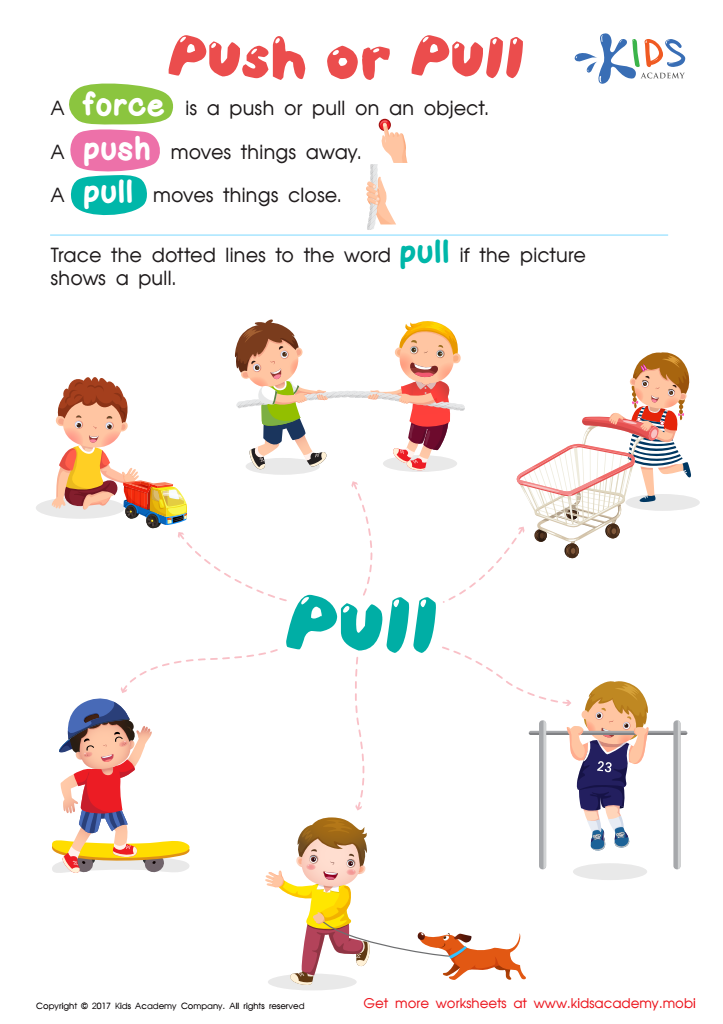

Pull or Push Worksheet
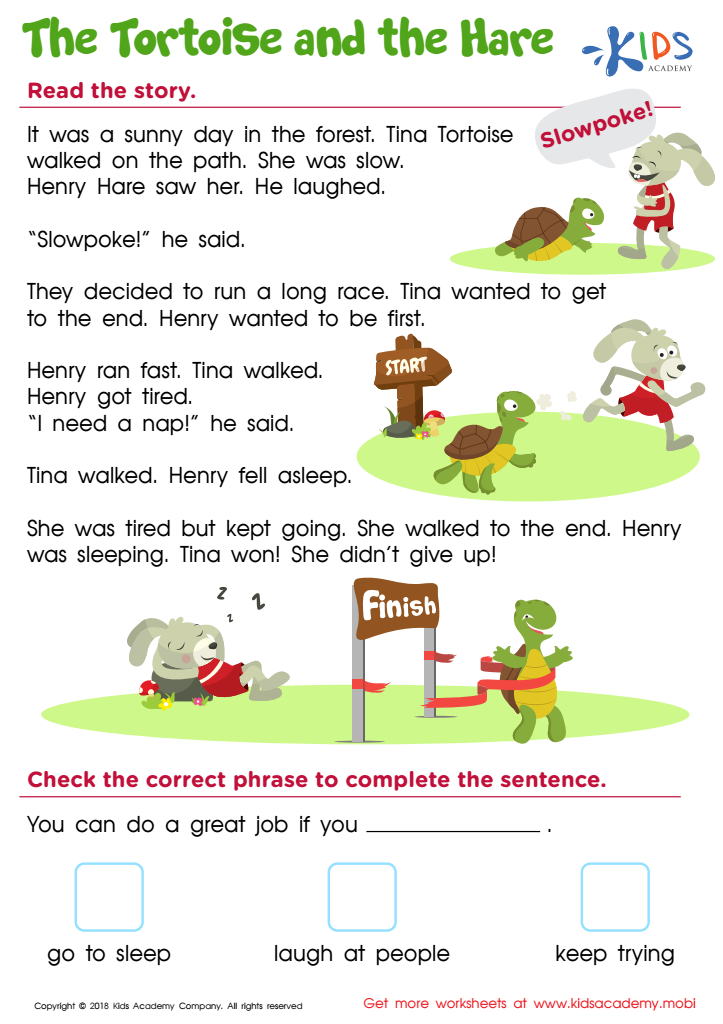

The Tortoise and the Hare Worksheet
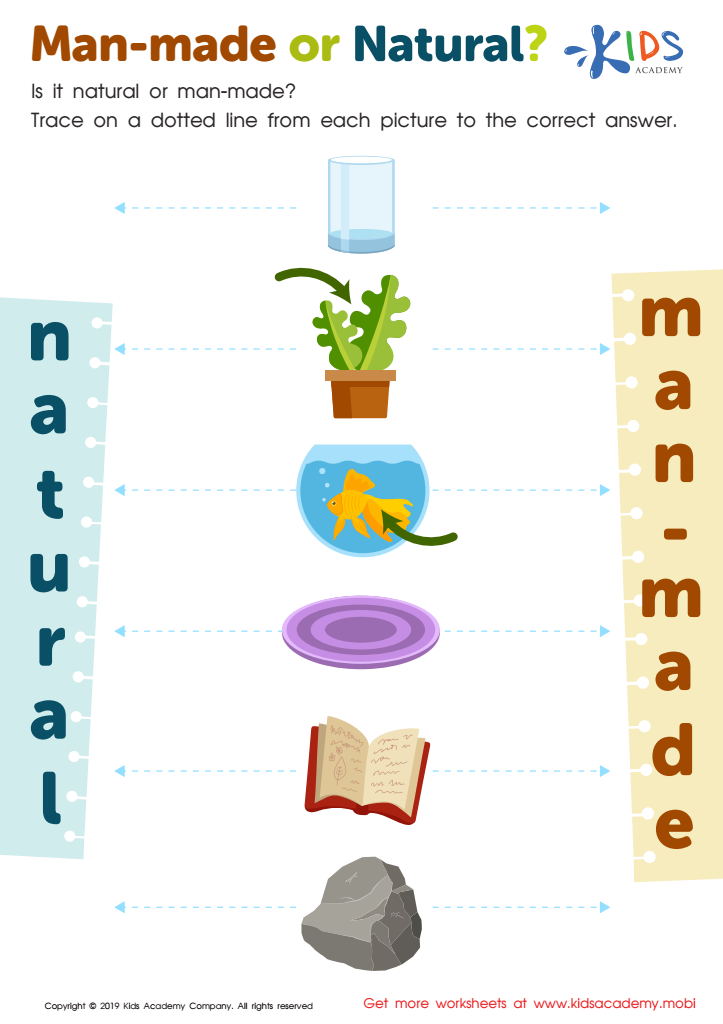

Man-Made or Natural? Worksheet
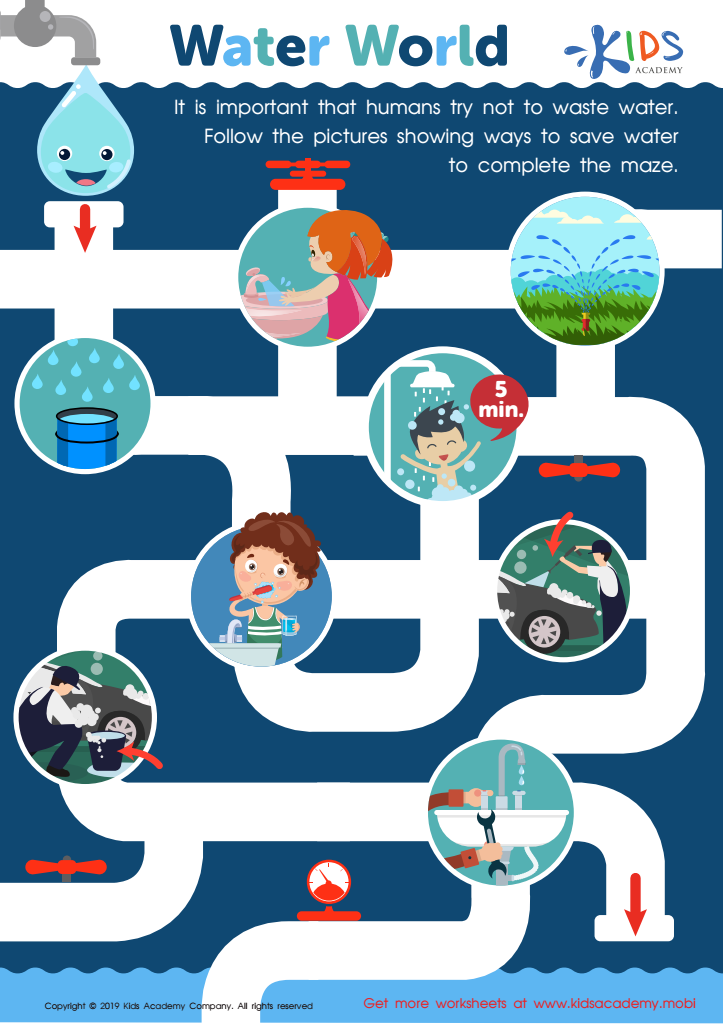

Water World Worksheet
Enhancing observation skills in children aged 3-8 is crucial for several reasons. Firstly, this developmental stage is vital as children are naturally curious and eager to explore their surroundings. By honing their observation skills, they can learn to notice details, ask questions, and make connections, which fuels their cognitive and emotional development. Improved observation also lays the foundation for critical thinking, enabling children to analyze information and draw conclusions independently.
Moreover, strong observation skills aid in social development. As children learn to observe their peers' actions, emotions, and reactions, they enhance their empathy and emotional intelligence. This understanding fosters healthy relationships and effective communication, essential traits for successful interactions both in and out of the classroom.
For educators and parents, enhancing observation skills can aid in identifying each child's unique strengths and needs. By observing how a child engages with their environment and peers, adults can tailor their approaches, provide appropriate support, and ensure that learning remains engaging and effective.
In sum, fostering strong observation skills in young children equips them with tools necessary for lifelong learning, strengthens social connections, and allows adults to better cater to individual developmental journeys. This foundational skillset ultimately contributes to well-rounded, confident individuals.
 Assign to My Students
Assign to My Students
















